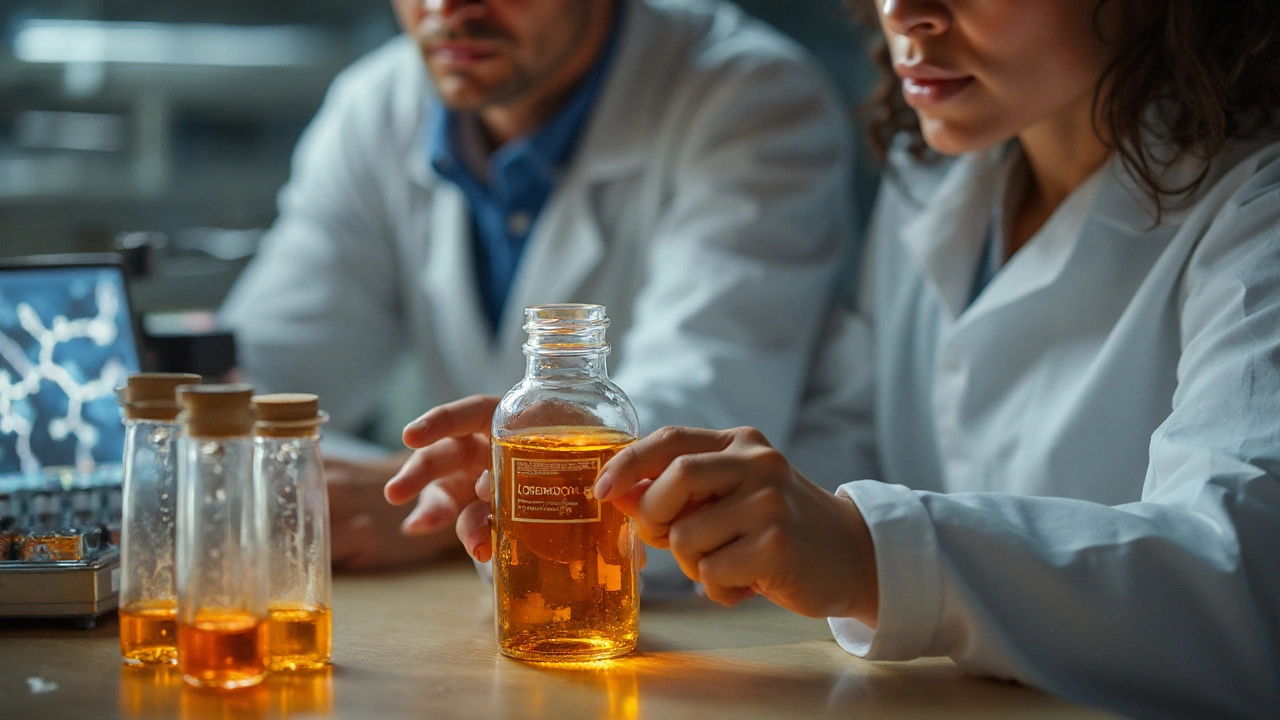ALD – What You Need to Know
If you’ve heard the term ALD and wonder what it means, you’re in the right spot. ALD stands for Alcohol‑Related Liver Disease, a condition that shows up when drinking too much alcohol hurts the liver over time. It’s not a one‑size‑fits‑all label – the damage can be mild, like a fatty liver, or severe, like cirrhosis. Knowing the basics helps you catch problems early and take action before things get serious.
Common Signs and What Triggers ALD
Alcohol is the main trigger, but the amount and how often you drink decide how fast the liver gets hurt. Even regular weekend drinking can add up if the body doesn’t have time to recover. Look out for these signs:
- Persistent fatigue or feeling weak
- Yellowing of the skin or eyes (jaundice)
- Abdominal pain, especially on the right side
- Swelling in the legs or abdomen
- Unexplained itching
These symptoms often appear slowly, so you might ignore them until they’re noticeable. A simple blood test that checks liver enzymes can catch trouble early, even before you feel sick.
Managing ALD: Lifestyle and Medical Options
The first and most powerful step is cutting back or quitting alcohol. It sounds obvious, but many people find it hard without support. Talk to your doctor about a plan that fits your life, whether it’s a gradual reduction, counseling, or medication that reduces cravings.
Nutrition matters too. A diet rich in fruits, vegetables, lean protein, and whole grains gives the liver the fuel it needs to repair. Avoid greasy, fried foods and limit sugary drinks – they can add extra fat to the liver.
If the disease has progressed, doctors may prescribe medications that protect liver cells or treat complications like high blood pressure in the portal vein. In advanced cases, a liver transplant might be an option, but that’s a last resort after all other steps have been tried.
Staying active helps the liver too. A 30‑minute walk, bike ride, or light strength training a few times a week improves circulation and reduces fat buildup.
Don’t forget regular check‑ups. Your doctor will monitor liver function, track any changes, and adjust treatment as needed. Keeping a symptom diary – noting when you feel tired, any pain, or changes in skin color – gives the doctor a clear picture of how you’re doing.
Finally, lean on community resources. Support groups, online forums, or local counseling services can provide encouragement, practical tips, and a sense of belonging. Managing ALD isn’t just about medicine; it’s about building habits that protect your liver for the long run.
Take the first step today: evaluate your drinking habits, schedule a liver health check, and start adding one healthy habit, like a short daily walk. Small changes add up, and your liver will thank you.
Lorenzo's Oil: The New Powerhouse Dietary Supplement
Explore why Lorenzo's Oil is poised to become the next big thing in dietary supplements, from its science to market momentum and practical use.
Learn more...